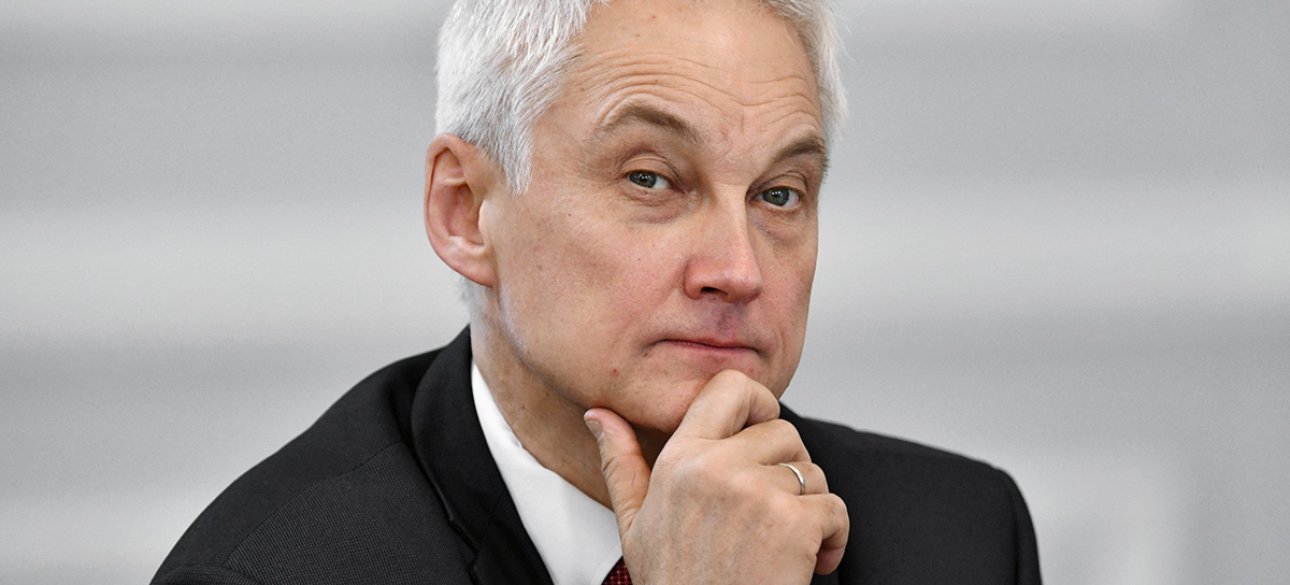
 By Natali Moss
By Natali Moss
Because it did not take place on Sunday when we have a holiday, but on Monday, working day, in the morning, when the greatest load on our energy. And the vast majority of strokes were in energy structures, not "government houses and decision -making centers", as Russian propagandists were scared. I see this in the influence of the new Russian defense minister A. Belousov. He is an economist, that is, a consistent and effective pragmatist. He is also a fanatic, Adept of the Kremlin Orthodoxy.
For him, there is no humanism, mercy and something like that, because he sincerely considers this war to his "sacred crusade. " Therefore, under his leadership, the aggressor army will try to destroy our energy at all costs, provoke a humanitarian disaster and put Ukraine on his knees. How much it does depends on the number of modern Western air defense systems that are provided by partners and the availability of missiles.
And from whether we can counter hostile aerodromes not by dozens, but by hundreds of our long-range drones-only the number will help to strike a truly tangible blow to the air-space forces of the aggressor and its rocket launchers. A terrorist blow can still have a continuation in the form of a massive attack, so that the warning signals should not be ignored. The author expresses a personal opinion that may not coincide with the editorial position.










All rights reserved IN-Ukraine.info - 2022